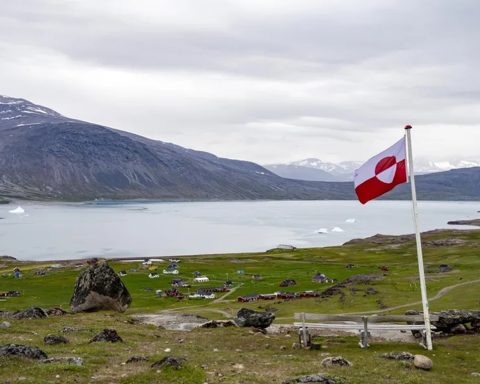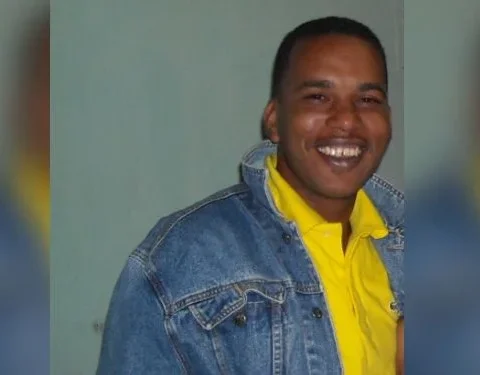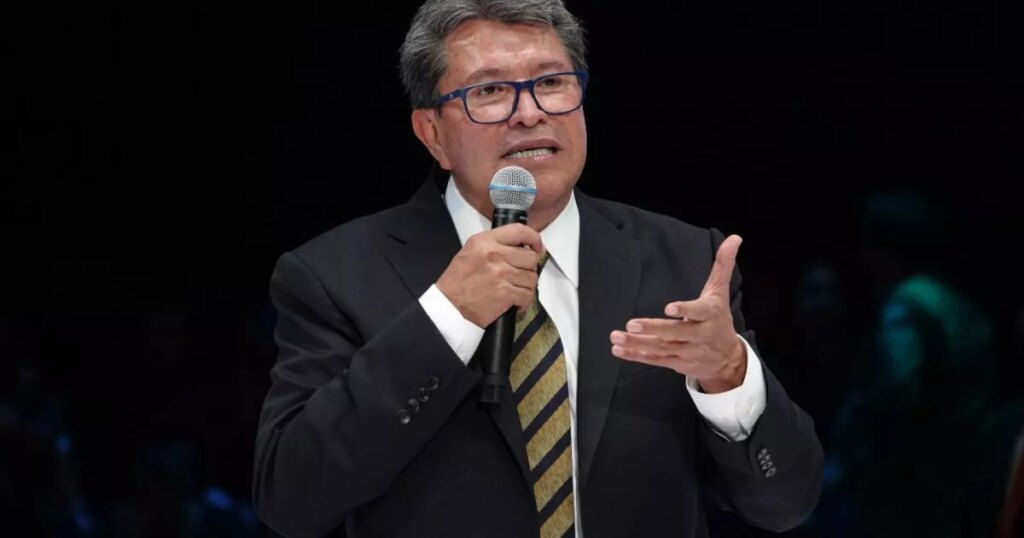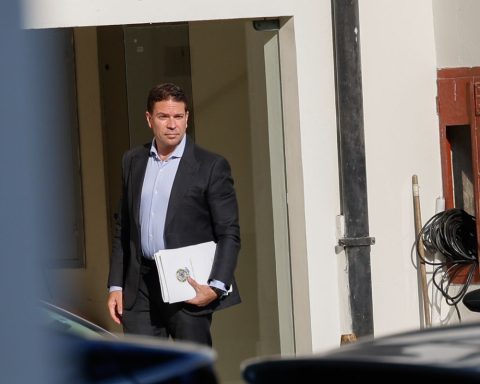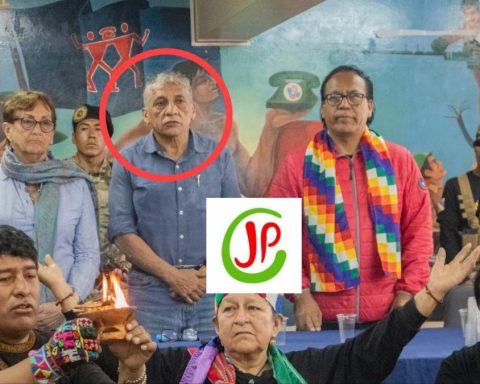The Catalan Joan Manuel Serrat tours the Argentine stages these days with his farewell tour. The crush between Argentina and Serrat transcends the musical. As if it were one more Gardel, the “Nano” generates on this side of the Río de la Plata a fervor cooked up by more than half a century of mystique and songs, but also political and social commitment and unconditional friendships.
“You call me Serrat and for me it is love, the love of childhood, adolescence, the love of a person”, reveals to the journalist Rodrigo García the daughter of Alfredo Capalbo, the singer-songwriter’s first representative in Argentina, Alejandra ‘Sipi’ Capalbo. Her father had to convince Alejandro Romay, a historic television businessman, to let Serrat act on his first visit in 1969.
“Alfredo, I can’t make him sing, look at his hair, how it looks,” Sipi recalls to efe: “Alejandrito, I promise you that he will be number 1”, replied his father -who died in 2014-, who also represented Julio Iglesias, José Luis Perales and even managed to take Queen to Argentina in 1981.
Serrat first made his debut singing in Catalan and then also in Spanish. Since then he forged great popularity. His arrival in Argentina, at the age of 26, also served as a refuge: his resignation from the Eurovision Song Contest in 1968, because Francoism did not allow him to sing in Catalan, opened years of campaign against him in Spain.
“I think that Latin America, and Argentina and other countries like Mexico, Chile, Uruguay, Paraguay or Colombia represented for him an effervescence and a look from another place that was not there in Spain,” says Tamara Smerling, author of the book Serrat in Argentina. Fifty years of love and adventures.
Performing on television, in carnivals or doing several concerts a night, he encountered a youth militancy that rebelled against the Argentine dictatorship of the time: “His music also went through all these moments and it seems to me that it was a mutual infatuation,” says Smerling.
“He is one of the most porteño types (from Buenos Aires) that I know,” says singer-songwriter Víctor Heredia, an exponent of Argentine popular music and a friend of Serrat since his first trip to the country. “He represented what many young people from Latin America tried to express in his songs, but he did it with such ease and from an extraordinary parameter and intellectual level”, he points out.
He was always, adds Heredia, “absolutely supportive and attentive to everything that was happening socially in Argentina”, which made everyone “fall in love”.
Serrat’s trips to Argentina were interrupted in 1976, when the last dictatorship broke out, leaving thousands of people missing and censoring his songs. The hiatus lasted seven years. Before and during the Peronist government (1973-1976), his commitment had led him to relate to the militancy at peak times of violence from the state Triple A or guerrillas like the Montoneros.
In 1972, one of his concerts was evicted due to a threat and two bombs were found. «It was what artists suffered at that time; that is why many went into exile, “says Smerling. of those times is “The Montonera”, song surrounded by mystique. He never wanted to officially record it and only played it in a recital.
The years of the dictatorship (1976-1983) increased the symbolism of their songs, which served as a refuge for some of the detainees and which, according to Smerling’s book, were even used by repressors, perhaps as a mockery, to cover up the screams. of the tortured
Sipi recalls that, months before the coup, his father took the artist in to protect him: “I slept for about three months in the living room of my house and Juan Manuel in my bedroom,” he recalls. “He was like another father to me. The first man who gave me a long dress was Juan Manuel, ”he adds.
Asked about what led the singer and his father to distance themselves later, she believes that the refusal of the representative – who already in democracy was accused of being part of a gang of extortion kidnappings along with repressors of the dictatorship – to take him to Argentina during the years of lead , to safeguard it.
With his return in 1983, ‘Nano’ renewed his commitment by meeting with the children of the disappeared or singing so that the Mothers of the Plaza de Mayo would have their home.
An Argentine public to which he is united, Serrat recently revealed, “above all, a common trust.” Because he still performs on popular stages, such as La Bombonera from his beloved Boca Juniors, or high-ranking ones, such as the Teatro Colón. And he acts as a kind of oracle who is asked everything about the country.
“As much as he intends to leave, he is not going to leave. She is going to stay here among us, ”Heredia laughs. Because for Argentina, Serrat is, Smerling says, one more Carlos Gardel. They weren’t born there, but it never mattered.
Rodrigo Garcia/Efe/OnCuba



